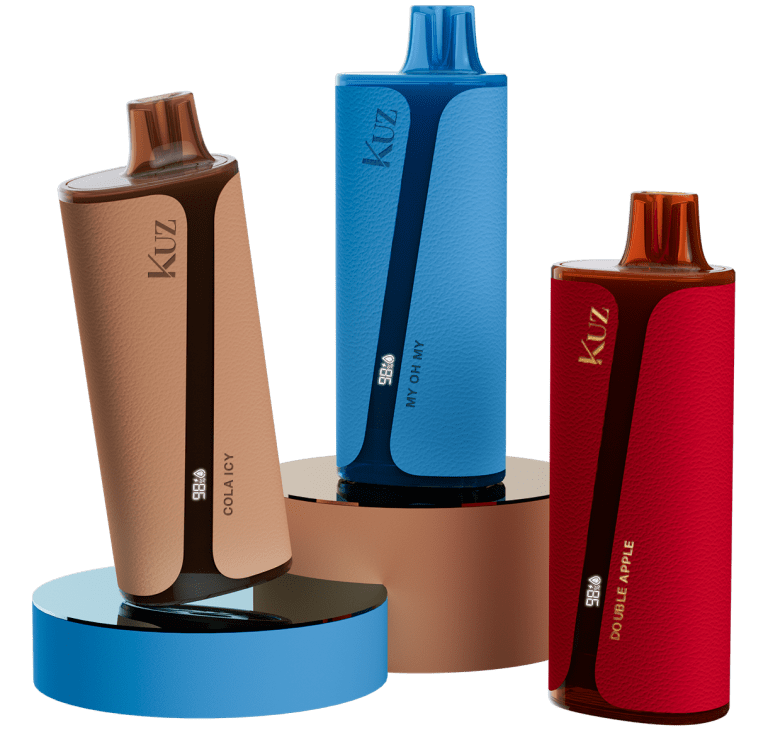The rise of vaping has brought an explosion of online businesses looking to sell e-cigarettes and related products. But before diving into the world of e-commerce, it’s critical to understand the legalities surrounding the sale of vapes online. One of the most common questions new business owners face is, “Do I need a license to sell vapes online?” The answer depends on various factors, including your location, the type of products you sell, and how you ship them.
In this comprehensive guide, we will explore federal, state, and local regulations, licensing requirements, and crucial compliance tips for running a successful and legal online vape business.
Federal Licensing Requirements
As of 2024, there is no federal license specifically required to sell vapes online. However, federal regulations surrounding the sale of tobacco products, including e-cigarettes, must be adhered to. The FDA classifies e-cigarettes as tobacco products, meaning online sellers must follow strict rules, including prohibiting sales to individuals under 21 and complying with advertising restrictions for nicotine products.
Additionally, if your vape business involves manufacturing or modifying e-liquids or devices, you may be subject to manufacturer regulations. In this case, you might need to obtain both retailer and manufacturer licenses. It is vital to stay updated on federal guidelines, as regulatory changes are frequent in the vaping industry.
State and Local Licensing Requirements
Licensing requirements vary significantly by state and locality. Most states require some form of business or retail license to sell nicotine products, and many cities impose their own rules as well. For example, states like California, Texas, and New York have strict laws that may require a specialized tobacco retailer license to sell e-cigarettes or nicotine-containing products.
Failure to obtain the proper licenses can result in hefty fines, penalties, or even the closure of your business. It is important to research the specific requirements for your state and locality or consult with a legal expert to ensure compliance.
Age Verification and Compliance
One of the most crucial aspects of selling vapes online is ensuring that your customers meet the legal age requirement to purchase tobacco products. In the U.S., it is illegal to sell vapes to anyone under 21. To comply with this regulation, online businesses must implement age verification systems. This can involve using third-party services that check government-issued IDs to confirm the buyer’s age before completing the transaction.
Age verification does not stop at the point of sale. Many states also require that delivery services verify the age of the recipient upon delivery. Ensuring compliance with these rules is not only critical for your business’s legal standing but also builds trust with your customers.
Taxation for Vape Products
While there is currently no federal excise tax on vaping products in the United States, many states impose their own taxes on vape sales. These taxes can range from sales tax to specialized excise taxes on nicotine products. Understanding and complying with these tax obligations is crucial for maintaining your business’s financial health. It’s advisable to work with an accountant or tax professional who is familiar with e-commerce and vape industry taxation.
Shipping Restrictions
Shipping vape products adds another layer of complexity. Federal laws, including the PACT Act (Prevent All Cigarette Trafficking Act), place strict restrictions on shipping tobacco and vaping products. For example, shipping via USPS is largely prohibited, and private carriers such as FedEx and UPS have specific rules regarding the shipping of nicotine products. These rules are designed to prevent minors from accessing these products, and failure to comply can lead to legal ramifications.
Conclusion: Protect Your Business with Proper Licensing
Selling vapes online can be a profitable business, but it’s essential to navigate the complex legal landscape. Federal, state, and local regulations require vape retailers to obtain various licenses, implement age verification systems, and comply with shipping restrictions. By following the guidelines outlined in this article, you can ensure that your online vape business operates legally and successfully.
In short, while you may not need a federal license, ensuring compliance with state and local laws, as well as understanding the complexities of taxation and shipping, is crucial for maintaining a legitimate and thriving vape business.



